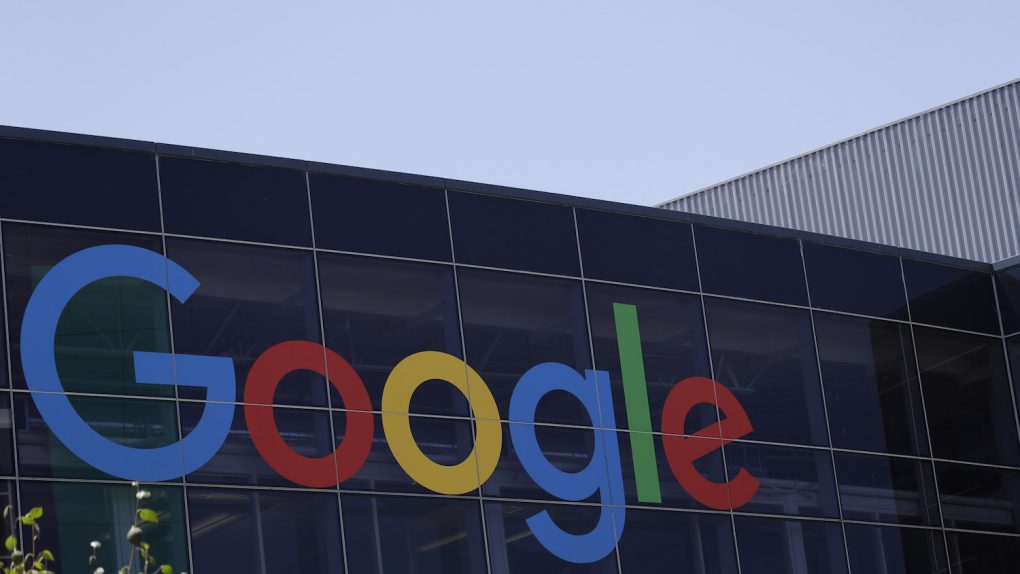Google is in trouble with regulators… again. The EU’s anti-competition watchdogs have slapped the company with a huge penalty for what it sees as sketchy web practices that emphasize Google’s own services over those of competitors, creating an anti-competitive environment and driving other companies away. A group of seven big tech companies in the US have voices their support of the action, and it’s a very interesting mix, including the likes of Yelp, News Corp, Getty Images, and even Oracle. So what’s their beef? Well, it’s complicated.
Google (or, to be more accurate, Alphabet) is so huge at this point — and has its hands in so many different industries — that it is fighting a war on a seemingly infinite number of fronts. That inevitably wins the company many enemies, and while their voice is unified in the letter sent to the European Commission, each of them have their own motives for supporting regulatory action against Google and its parent company.
Here’s the letter the companies signed and sent to the EC:
Dear Commissioner Vestager,
We represent US companies that employ hundreds of thousands of workers across 50 states. We are writing to express our support for the Commission’s enforcement action against Google.
As you near final decisions in the Shopping and Android cases, Google and its allies will no doubt continue to press through its lobbying and public relations machine the fiction that any adverse decision amounts to European “protectionism.” As U.S. based companies, we wish to go on record that enforcement action against Google is necessary and appropriate, not provincial. We have watched Google undermine competition in the United States and abroad. Google operates on a global scale and across the entire online ecosystem, destroying jobs and stifling innovation.
Google and its allies may also claim that there is no factual basis for a decision against Google. That too is untrue. The case against Google, both in Europe and the United States, rests on sound legal and factual foundations. Indeed, the US Federal Trade Commission legal staff found that Google has monopoly power and that it engages in anticompetitive practices.
We believe that decisive action is necessary to restore competition and once again open the Internet to innovation and growth. We hope that your counterparts in the United States will use this as an opportunity to address similar anticompetitive conduct by Google.
Sincerely,
Disconnect, Inc.
Getty Images, Inc.
News Corporation
News Media Alliance
Oracle Corporation
Trip.com
Yelp Inc.
So, let’s start from the top:
Disconnect, Inc – Disconnect is the creator of Disconnect.me, and a suite of apps for Android. Its apps range from a slick VPN for mobile to (and this is where the Google beef comes in) a web browser. Disconnect Search uses DuckDuckGo, Bing, and Yahoo search, but adds a layer of privacy to the user interactions, preventing tracking and other things it sees as privacy violations. It is, by most accounts, a fine app and a lovely service, but the conflict here is pretty obvious.
Getty Images – Getty Images has had a long and volatile relationship with Google, and more specifically with Google’s photo search feature. The company has repeated claimed that Google promoted photo piracy by scraping images from anywhere and everywhere, and then displaying and facilitating downloads of those images even if they are copyright protected. Getty has stated that it has seen a huge decline in its traffic (and thereby its business) in recent years, and it sees Google’s image service as the main reason for that.
News Corporation – News Corp (and more specifically top dog Rupert Murdoch) have long despised Google’s ever-expanding business and accused it of manipulating search results in a way that ignores “quality,” while also speaking out against Google’s increasingly dominant ad business, which it believes holds far too much control over publishers and the entire online ecosystem.
News Media Alliance – This one all comes down to advertising. The News Media Alliance is absolutely incensed that Google has adopted the guidelines set forth by the Coalition for Better Ads, and applied those rules across the board via a built-in ad-blocker for Chrome. Chrome is the most popular browser today, which means the majority of people won’t see ads that Google deems to cross the line, and the NMA fears that action will affect how publishers position their content and make their money online.
Oracle – Google and Oracle have battled over Java for the better part of a decade. It’s been a long and dirty battle, and it’s far too complex to break down in a single paragraph, but this feature article from The Register will get you up to speed. Suffice it to say that Google’s size, power, and IDGAF attitude lies at the center of this particular beef.
Trip.com – You go to Trip.com (formerly Gogobot) to plan trips. That’s how it’s been since 2010. In late 2016, Google decided that you should go to Google Trips to plan your travels instead. You can imagine how this was received by Trip.com. This is probably the most straightforward beef of them all.
Yelp – Yelp strongly believes that Google Search and its ad business is a monopoly in the truest sense of the word. The company and its CEO insist that Google favors its own services and businesses over all else, even if Google’s version of said products and services are “inferior” to those of the competition. The company also helped launch the “Focus On The User” initiative to emphasize Google’s failure to play by ethical rules.








